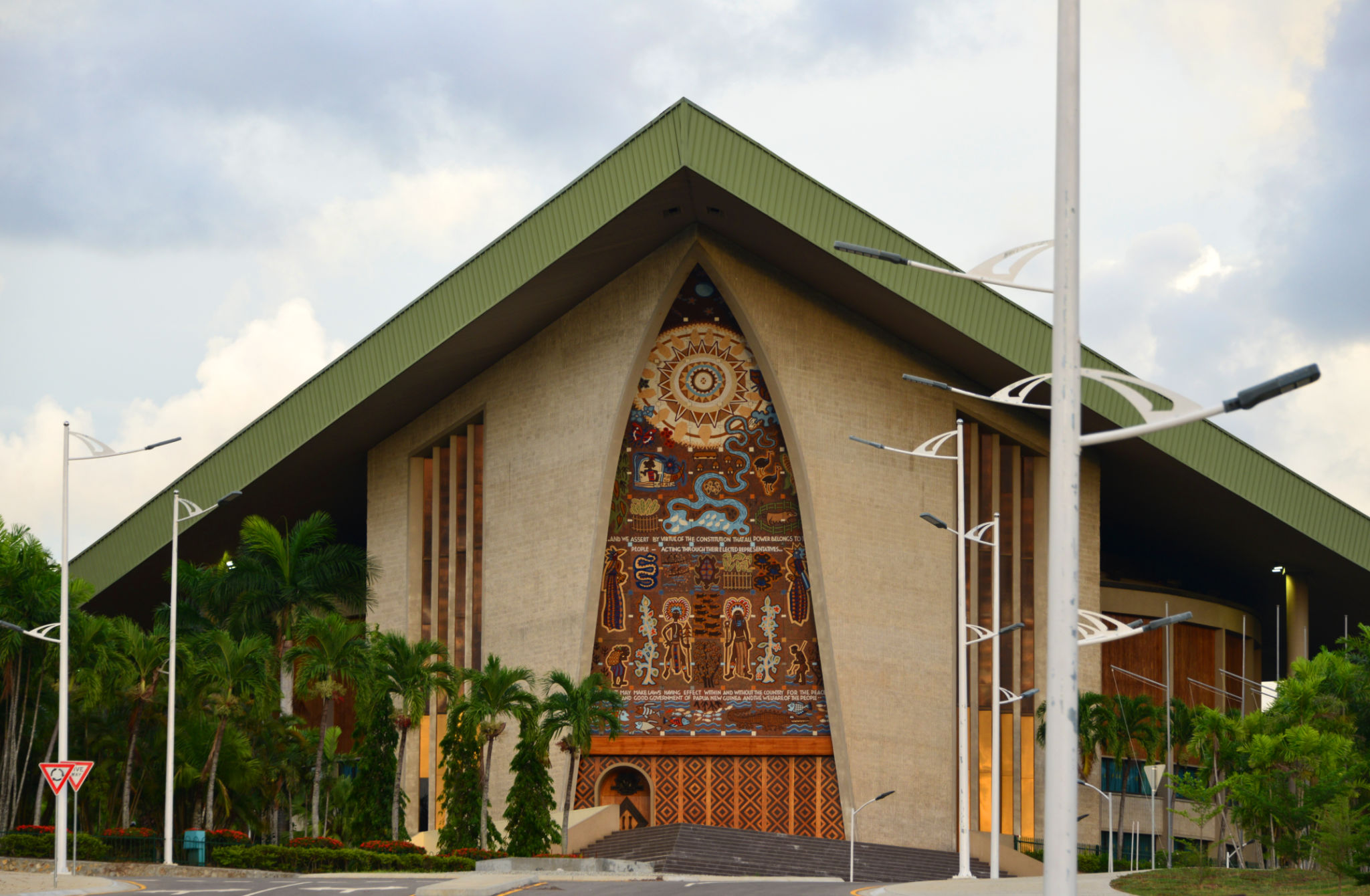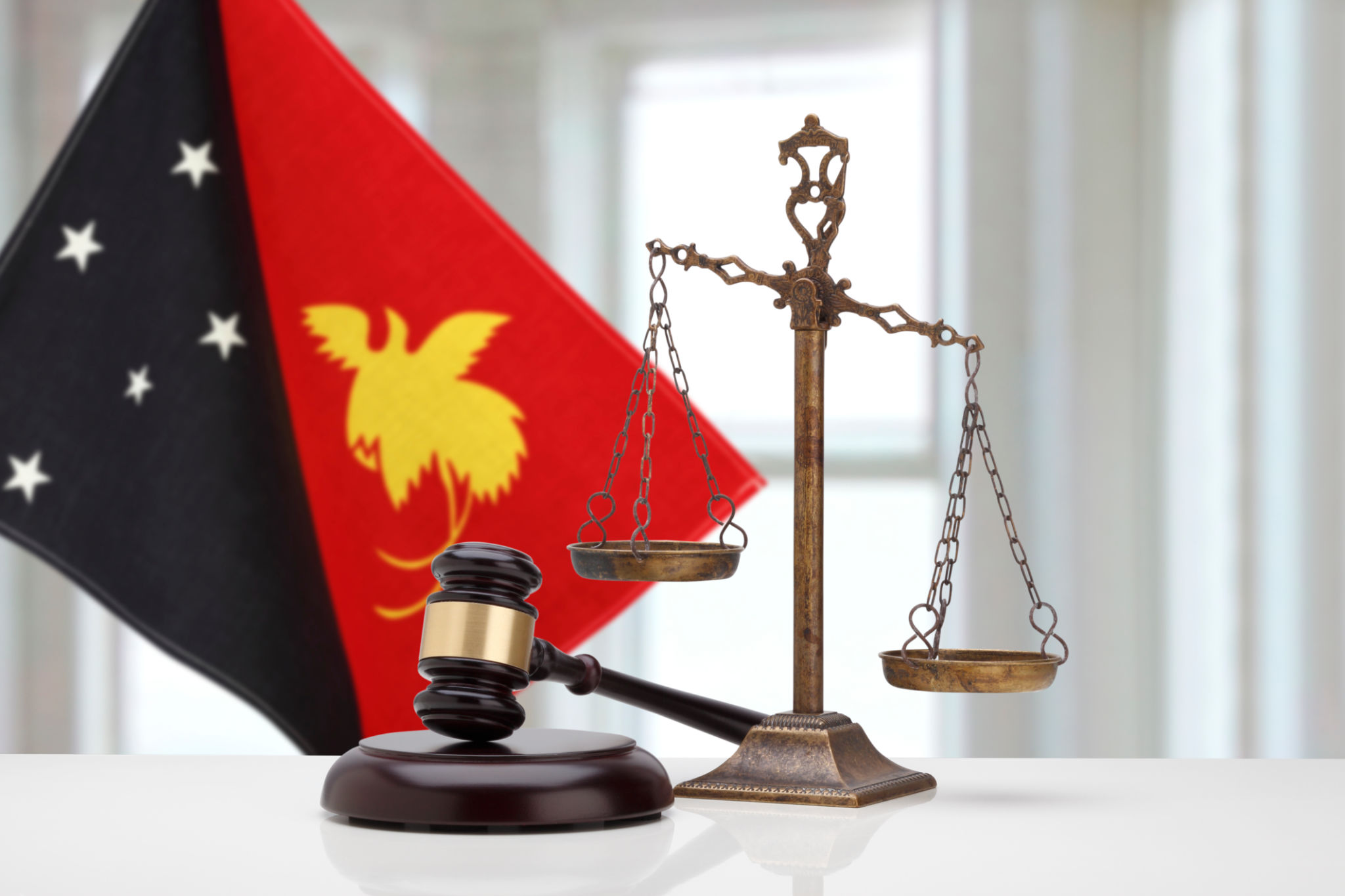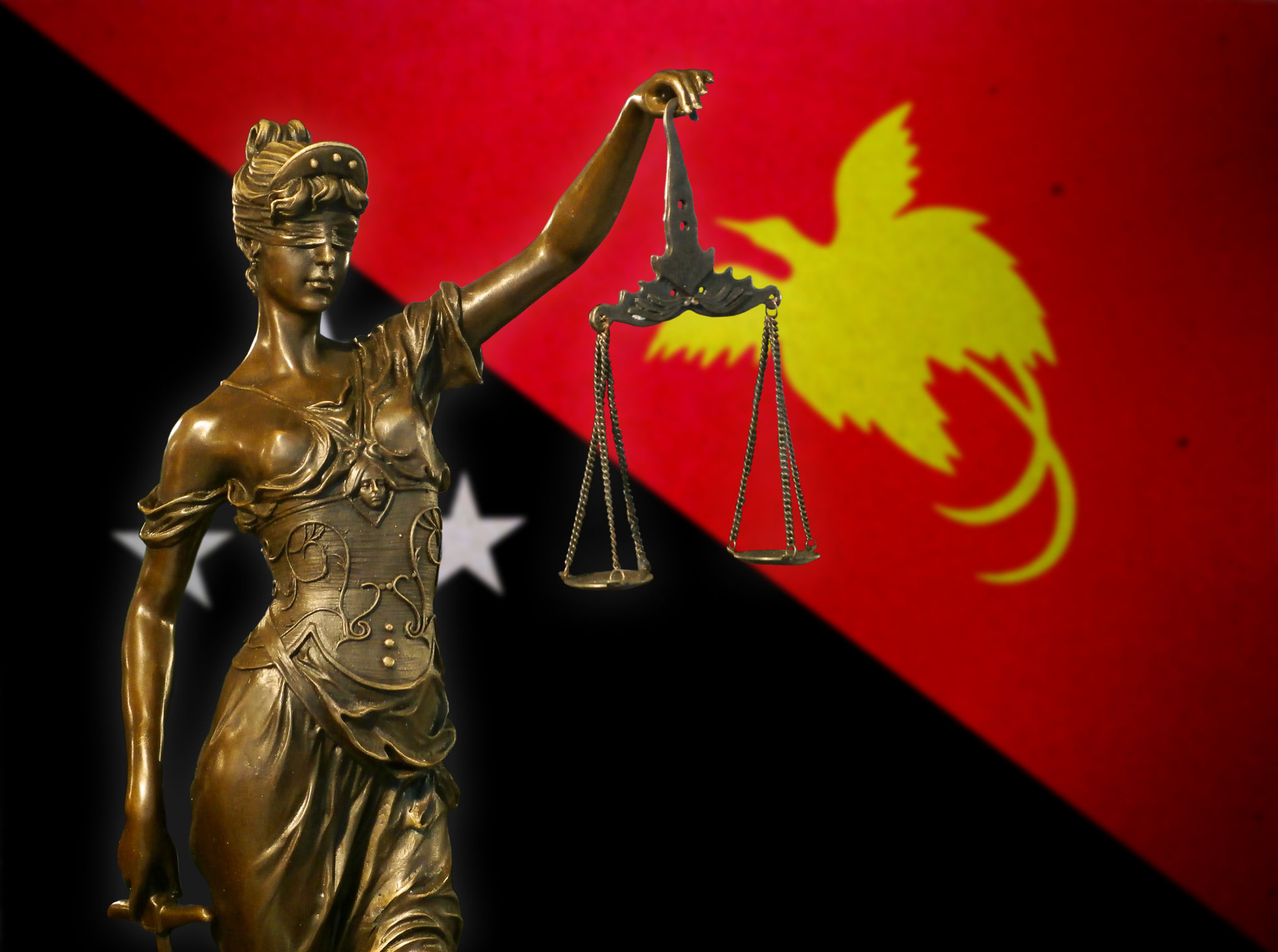How to Resolve Common Legal Disputes in Papua New Guinea
TL
Understanding Common Legal Disputes
Legal disputes are a part of life in any country, including Papua New Guinea. These disputes can range from minor disagreements to major legal battles. The first step in resolving any dispute is understanding the nature of the conflict. Common legal disputes in Papua New Guinea often involve land ownership, employment rights, contract disagreements, and family law issues.
Before taking any legal action, it's important to identify the root cause of the dispute. This understanding will help in determining the most effective resolution strategy. Engaging with a local legal expert who understands the nuances of Papua New Guinea's legal system can provide valuable insights and guidance.

Seeking Mediation and Arbitration
Mediation and arbitration are popular methods for resolving disputes outside of court. In Papua New Guinea, these alternative dispute resolution (ADR) techniques are increasingly being used to address conflicts efficiently. Mediation involves a neutral third party who facilitates a discussion between the disputing parties to help them reach a mutual agreement.
Arbitration, on the other hand, involves a neutral arbitrator who listens to both sides and makes a binding decision. These methods are often faster and less costly than traditional court proceedings. Moreover, they allow parties to maintain confidentiality and preserve relationships that might otherwise be damaged by litigation.

Engaging with the Local Court System
If mediation or arbitration does not resolve the issue, it may be necessary to engage with the local court system. Papua New Guinea's judicial structure includes district courts, national courts, and the Supreme Court. Each has its jurisdiction and handles different types of cases. Understanding which court is appropriate for your dispute is crucial for a successful resolution.
It's advisable to seek legal representation when navigating the court system. A qualified lawyer can provide guidance on the legal process, represent you in court, and help ensure that your rights are protected throughout the proceedings.

Utilizing Customary Law
In Papua New Guinea, customary law plays a significant role in resolving disputes, particularly in rural areas. This traditional legal system is based on local customs and practices and is recognized by the national legal framework. Customary law is often used to address issues related to land ownership, family matters, and community disputes.
Resolving disputes through customary law can be beneficial as it aligns with local cultural values and practices. However, it is important to ensure that any resolution reached through customary law is consistent with national laws and does not infringe upon individual rights.
Preparing for Legal Challenges
Preparing for potential legal challenges involves gathering evidence, understanding your rights, and knowing the relevant laws that apply to your situation. Keeping thorough records of all correspondence and agreements related to the dispute can be crucial in building a strong case.
Additionally, staying informed about changes in laws and regulations can help you navigate disputes more effectively. Engaging with community resources such as local legal aid organizations can also provide support and guidance during the resolution process.

Conclusion
Navigating common legal disputes in Papua New Guinea requires a strategic approach that considers both traditional and modern legal practices. By understanding the nature of the dispute, exploring alternative resolution methods, and engaging with knowledgeable legal advisors, individuals can effectively resolve conflicts while preserving important relationships.
Whether through mediation, arbitration, or the court system, seeking resolution with a clear understanding of the available options is essential for achieving a fair and just outcome.